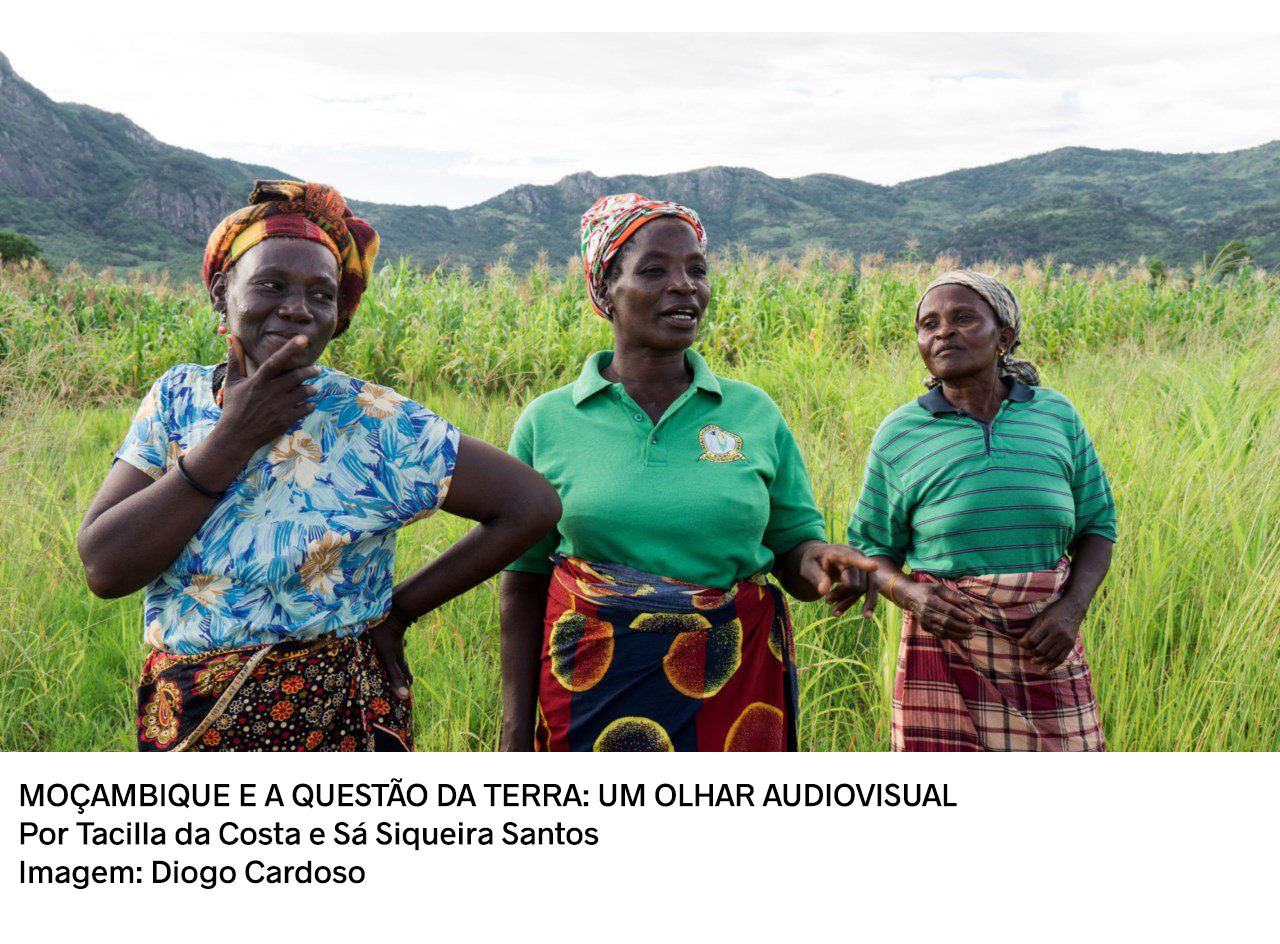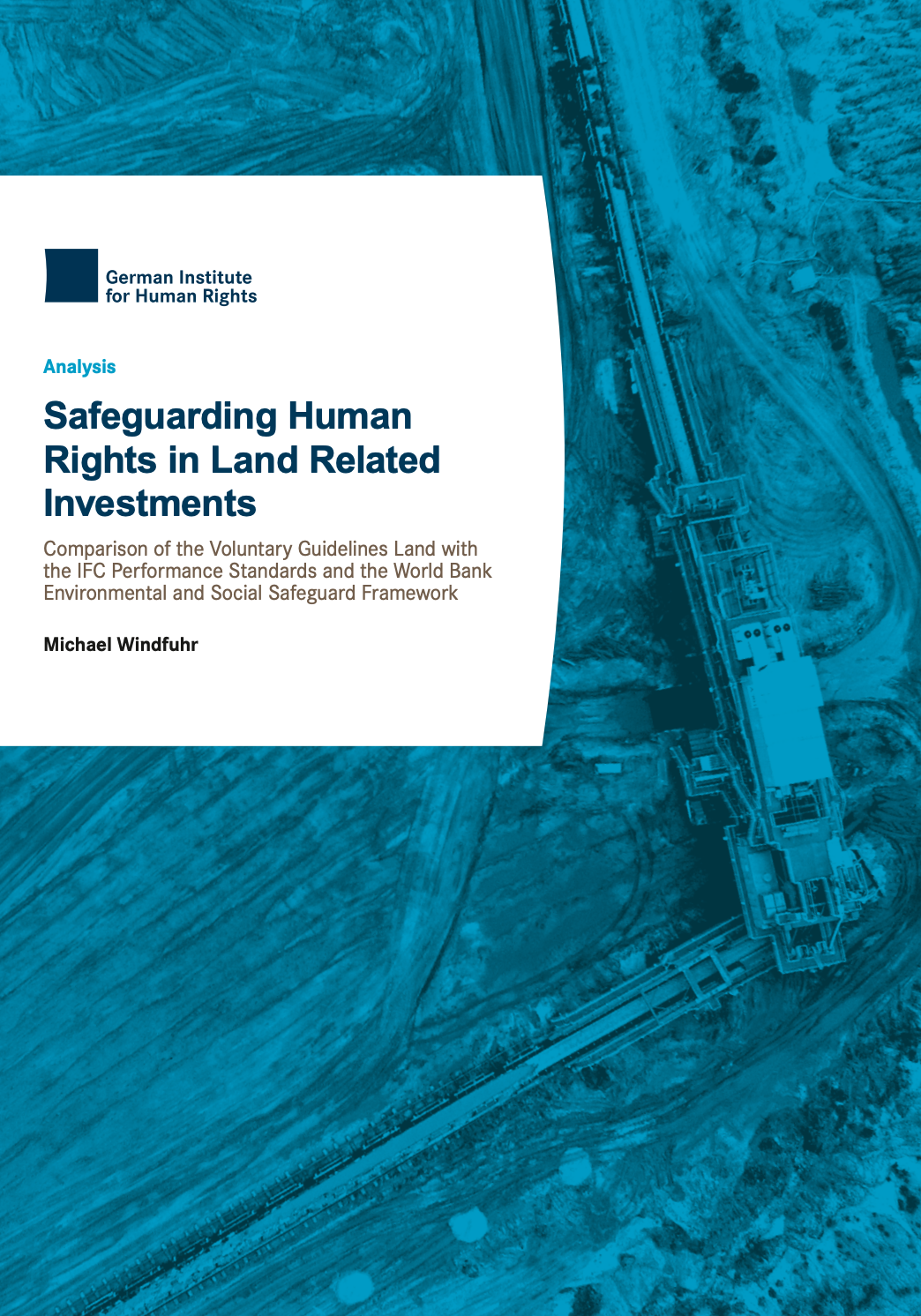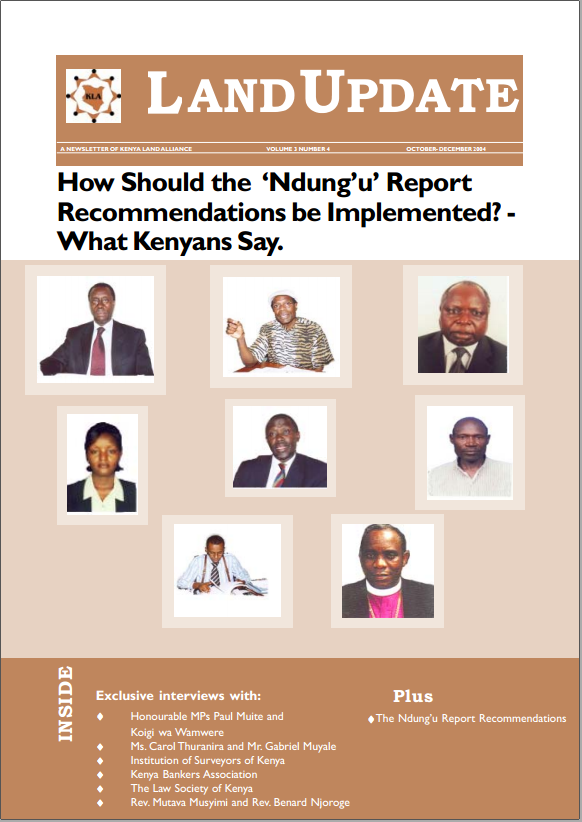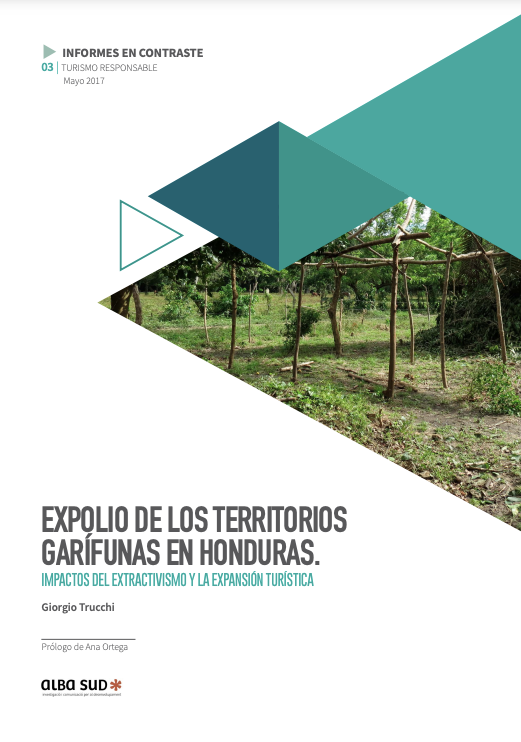Desposesión
AGROVOC URI:
Safeguarding Human Rights in Land Related Investments
The Voluntary Guidelines on the Responsible Governance of tenure of Land, Fisheries and Forests in the Context of national Food Security (VGGt) represent a new international legal instrument, which was adopted unanimously in 2012 by the United nations Committee on World Food Security (CFS). the Guidelines are a soft law instrument that does not create new, legally binding obligations for states or responsibilities for private actors, but that applies existing governance standards, particularly for human rights, to the management of land.
San José de Apartadó: Ruptura con el Estado como resistencia a la guerra
Se trata de un caso de retorno a la tierra despojada por la violencia ocurrida en el departamento de Antioquía. La propuesta por la paz de la comunidad San José de Apartadó es significativa por la potencialidad de construirse desde adentro y marcando diferentes e independencia del Estado. San José de Apartadó tiene normas propias de conducta interna y además, una política de soberanía para afuera.
Espaços de Resistência:
How Should the ‘Ndung’u’ Report Recommendations be Implemented? - What Kenyans Say.
The report of the Presidential Commission of Inquiry into the Illegal/Irregular Allocation of Public Land is finally out! Popularly known as the ‘Ndung’u’ Report, the publication of this three-volume document is important to the Kenya Land Alliance for two major reasons. Firstly, the appointment of the Coordinator of the Kenya Land Alliance to the Commission marked a threshold in the relations between KLA and the Government of Kenya.
Rethinking “development”: Land dispossession for the Rampal power plant in Bangladesh
In this article, we critically review the developmental claims made for the construction of the Rampal power plant in southwestern Bangladesh, in the light of evidence about transformations of land control related to this construction project. Land has become a heavily contested resource in the salinity-intruded southwestern coastal area of Bangladesh. Changes in land control for the construction of the Rampal power plant and similar projects have intensified decades of struggles over rights and access to land.
Expolio de los Territorios Garífunas en Honduras
Este informe expone dos casos de conflictos por procesos de desposesión territorial. El primero aborda la dramática situación que viven los habitantes de la comunidad garífuna de Barra Vieja, en el litoral atlántico hondureño, contra quienes el Estado ha desatado una persecución judicial feroz.
Améliorer le système d'expropriation et de compensation dans un contexte de pluralisme juridique: Leçons du Camerou
Cameroon is currently witnessing an unprecedented wave of land-based investments, ranging from natural resources exploitation (oil, mining and gas), logging, large infrastructure building, etc. These developments happen in a context of population growth, in an increase in the domestic demand for land. There is a gap between the legislation governing expropriation and compensation in the country, and the variety of customary rules on land and resources. This context of legal pluralism results into endless conflicts opposing communities and the investors, including the State.








